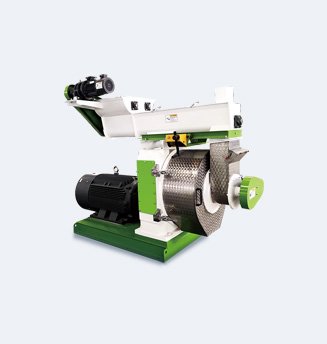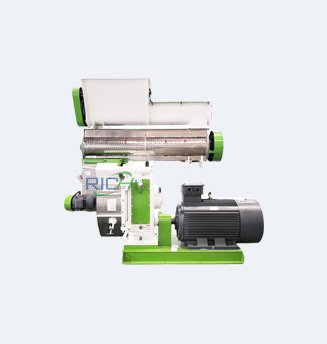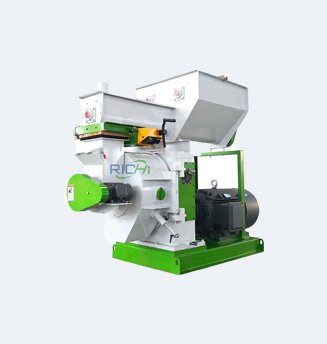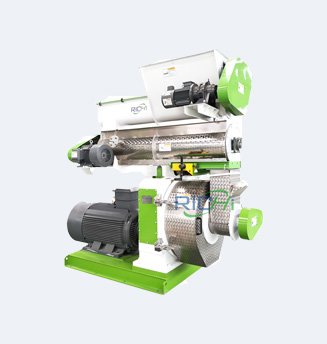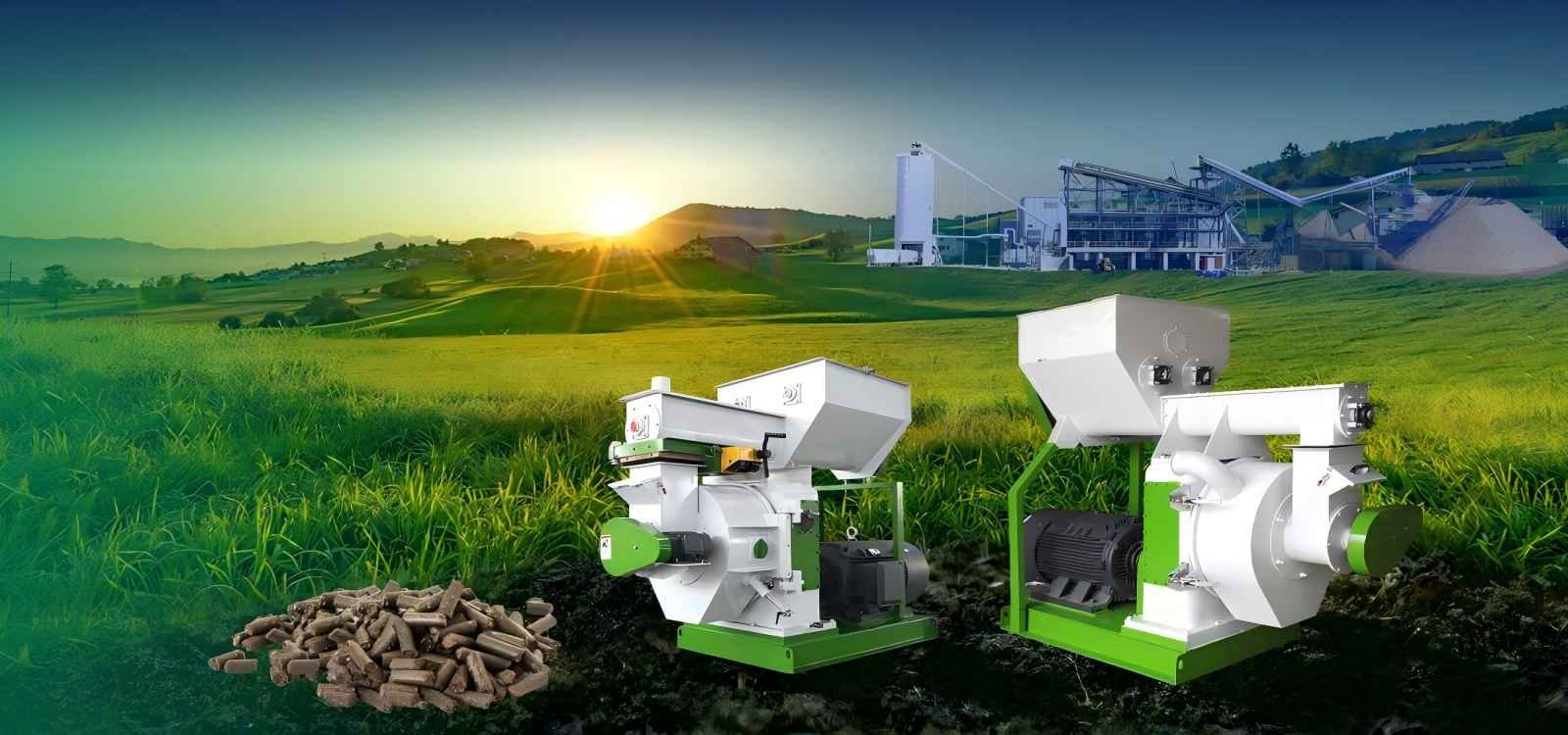
Organic Fertilizer Pellet Machine
RICHI’s organic fertilizer pellet mill offers a capacity of 1-12 T/H, processing raw materials like manure, compost, and crop residues. Advantages include efficient waste conversion, enhanced soil fertility, and energy-efficient operation, making it ideal for sustainable agriculture.
organic fertilizer Pellet Machine
RICHI’s organic fertilizer pellet mill delivers an output of 1-12 T/H, converting various organic materials into nutrient-rich pellets. RICHI’s equipment stands out for its robust build, energy efficiency, and customizable solutions, supported by expert technical services and reliable performance, ensuring long-term productivity and sustainability.
organic fertilizer production line
RICHI’s organic fertilizer pellet mill delivers an output of 1-60 T/H, converting various organic materials into nutrient-rich pellets. RICHI’s equipment stands out for its robust build, energy efficiency, and customizable solutions, supported by expert technical services and reliable performance, ensuring long-term productivity and sustainability.
Environmental Benefits
By recycling organic waste materials such as animal manure, crop residues,, reduces environmental pollution.
Cost-Effective
Utilizing local organic waste materials reduces the dependency on chemical fertilizers, cutting down costs for farmers.
High Efficiency
Consistent and high-quality output of organic fertilizers, meeting the demands of both small and large-scale agricultural operations.
Versatility
It can handle a wide range of raw materials, including livestock manure, agricultural waste, industrial waste, and household waste.
Processes in an Organic Fertilizer Production Line
The Organic Fertilizer Production Line involves several key processes to transform raw organic materials into finished organic fertilizers. These processes are:
01 Fermentation:
The organic raw materials undergo aerobic fermentation to decompose and stabilize the organic matter. This step is crucial for reducing pathogens and producing a homogenous material.
02 Crushing:
After fermentation, the material is crushed into smaller particles to ensure uniformity in the final product.
03 Mixing:
The crushed material is mixed with other nutrients, additives, or other organic materials to balance the nutrient content.
04 Granulation:
The mixed materials are then granulated to form uniform fertilizer pellets, enhancing the ease of application.
05 Drying:
The granules are dried to remove excess moisture, ensuring stability and preventing mold or degradation during storage.
06 Cooling:
The dried pellets are cooled to room temperature to maintain their shape and quality.
07 Screening:
This process separates the qualified pellets from unqualified ones, ensuring that only the best quality fertilizer reaches the market.
08 Coating:
An optional process, coating is applied to the pellets to enhance their durability and prevent caking.
09 Packaging:
Finally, the finished products are packaged for storage and distribution.
Determining Suitable Output Capacity for Different Customers
The output capacity of an Organic Fertilizer Production Line varies based on the scale of the farming operation and market demand. Here is a general guideline:
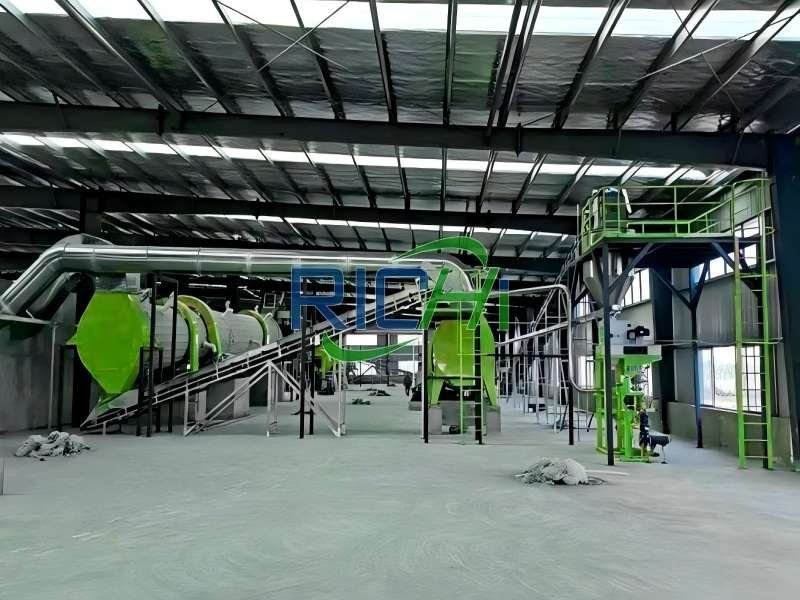
1-3T/H
Small-Scale Farms (1 to 3 T/H): Suitable for small farms or cooperatives focused on producing organic fertilizers for local use or small markets.
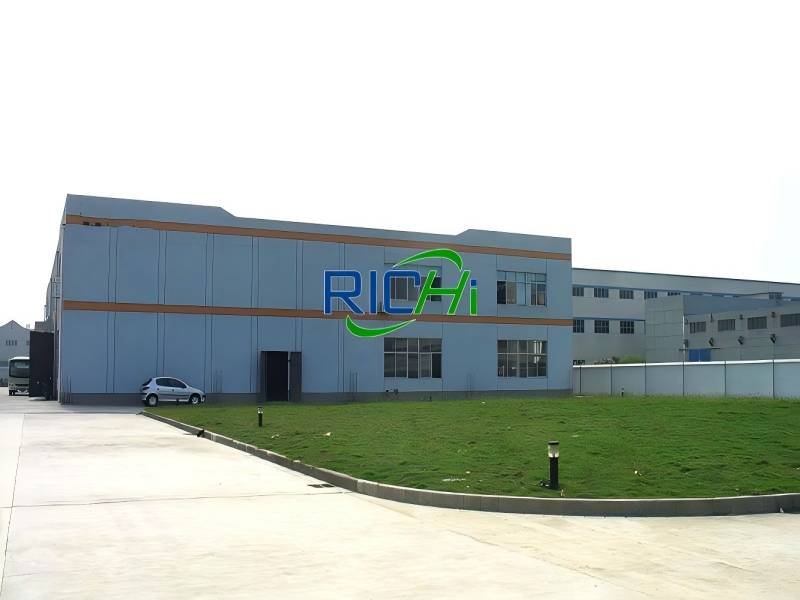
4-10T/H
Medium-Scale Farms (4 to 10 T/H): Ideal for larger farms or businesses looking to supply organic fertilizers to regional markets.
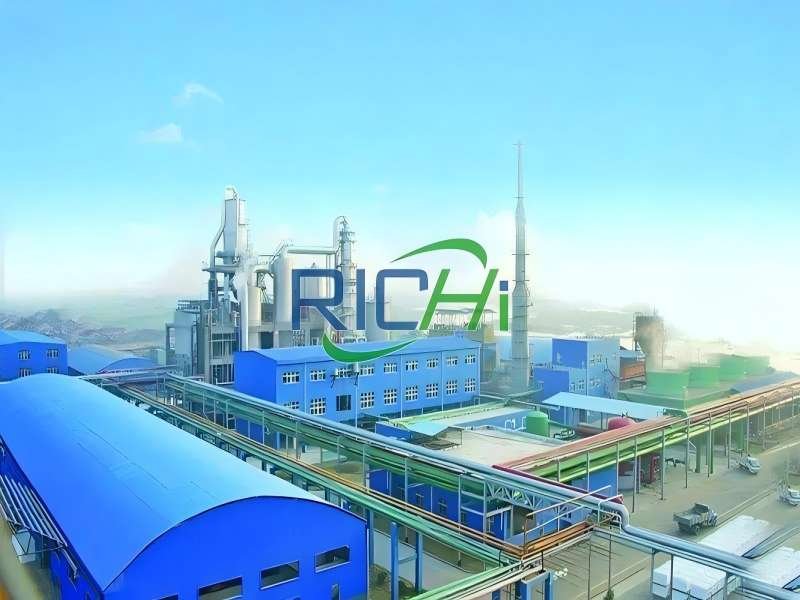
10-60T/H
Large-Scale Operations (10 to 60 T/H or more): Produce organic fertilizers on a commercial scale, supplying to national or international markets.
contact us
Customise your pellet production line solution now.
Fill in the requirements and contact information, submit the form, and immediately obtain detailed information such as prices, pictures, videos, etc. of the relevant equipment.
